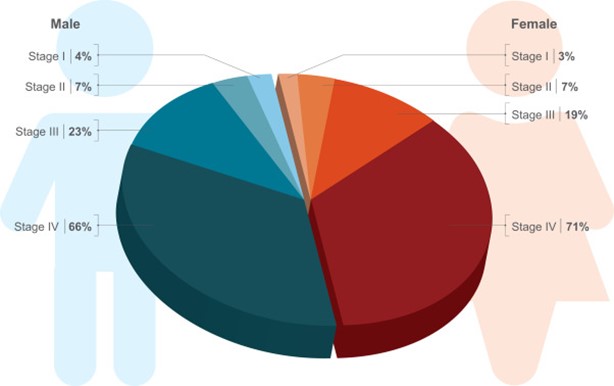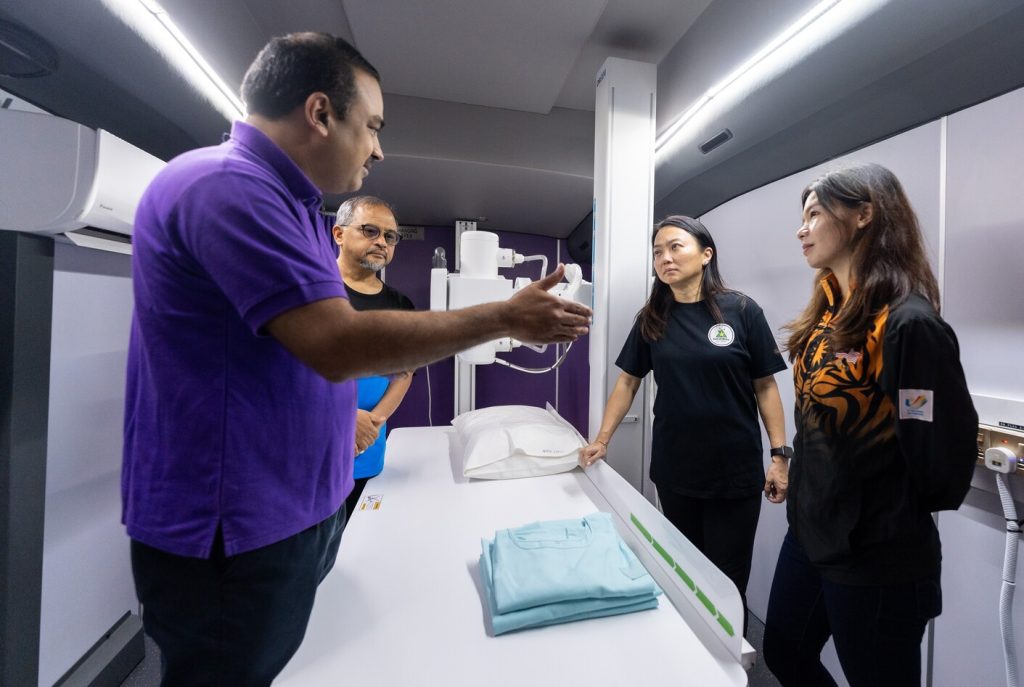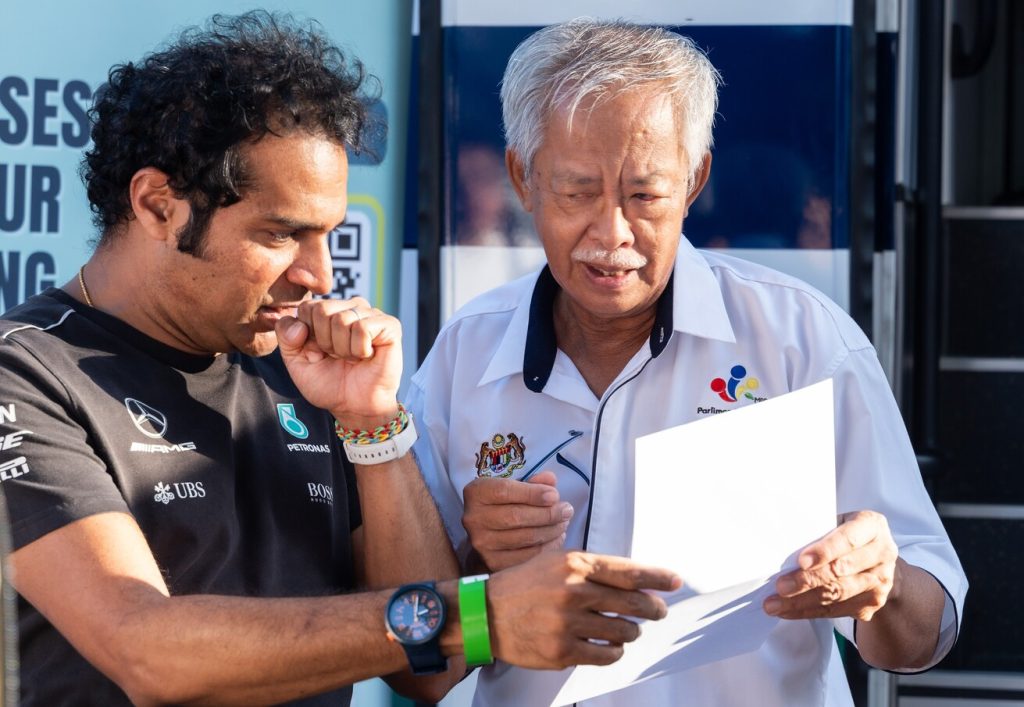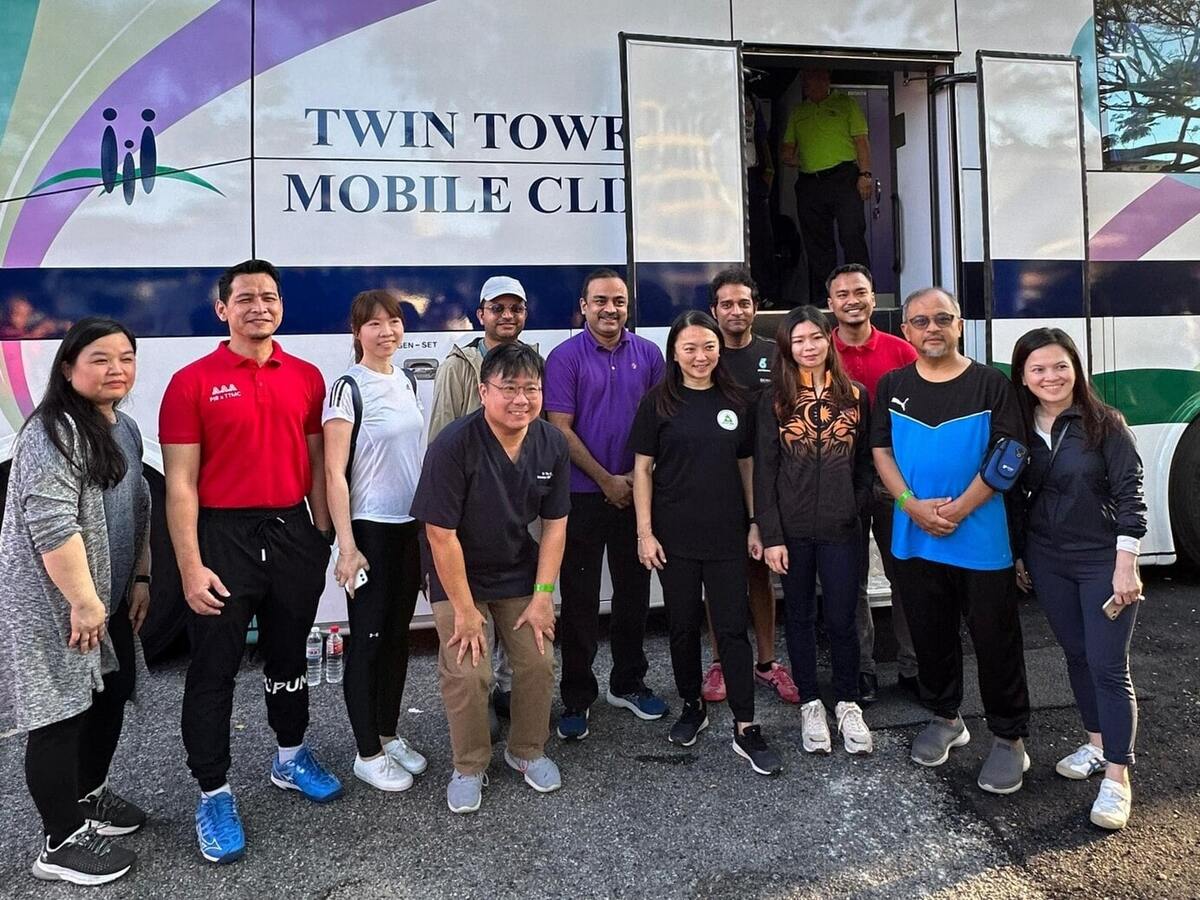World Cancer Day, commemorated earlier this week on February 4, is a poignant reminder of our ongoing fight against cancer. It highlights the necessity of our health care ecosystem to bridge care gaps and reduce the societal impact of the disease.
With swift advances in diagnostics and therapeutics, we see a beacon of hope for sustained disease control and potential cures in the fight against cancer.
We commend the Ministry of Health (MOH) for its efforts in expanding access to health care services, ensuring that a greater number of individuals receive quality medical care.
Through proactive public health initiatives, the MOH has promoted disease prevention and wellness campaigns directed at enhancing the overall health of the population.
In this era of technological advancement, integration of digital technologies, data, and artificial intelligence (AI) in a collaborative and inclusive manner is crucial to address unmet needs and build on the progress of ongoing initiatives against cancer.
This raises a pivotal question: Are we fully prepared for the digital age?
Unmet Needs In Malaysian Health Care And The Role Of Digital Solutions
Despite considerable progress, Malaysia continues to face challenges in delivering comprehensive cancer care. Access to timely diagnosis, personalised treatment, and supportive care is constrained, particularly in remote areas.
Moreover, the burden of cancer is exacerbated by the lack of standardized screening programs and gaps in health care infrastructure.
To address these challenges, digital solutions offer a promising avenue for enhancing cancer care delivery. From telemedicine platforms enabling remote consultations to AI-driven tools streamlining diagnosis and treatment planning, technology is reshaping the health care landscape.
By harnessing the power of data analytics and connectivity, digital solutions enable health care providers to deliver more efficient and patient-centric care. As one of the global leaders in oncology, AstraZeneca Malaysia is committed to leveraging digital innovation to revolutionise cancer care.
AI In Drug Discovery And Patient Diagnosis
At AstraZeneca, we are revolutionizing the approach to cancer drug development, weaving data science and AI seamlessly across the research and development (R&D) endeavours. From identifying potential drug targets to the culmination of clinical trials, AI serves as a guiding force, expediting processes, enhancing accuracy, and ultimately bringing promising scientific findings to fruition as potential life-saving medicines.
A testament to this commitment is our recent collaboration with Absci Corporation, where Generative AI is employed to design antibodies tailored for cancer treatment.
AstraZeneca is also a proud member of the Lung Ambition Alliance (LAA), a coalition devoted to expediting lung cancer diagnosis and treatment, with the audacious goal of eliminating lung cancer as a leading cause of death.1
Within the Malaysian context, we work hand in hand with the MOH and other local partners including the Lung Cancer Network Malaysia (LCNM), Institut Kanser Negara (IKN), Qualitas Medical Group, Beacon Hospital, UM Specialist Centre (UMSC), and Twin Towers Medical Centre (TTMC) to implement various innovative strategies aimed at early detection and effective management of lung cancer.

According to the World Health Organization, every 18 seconds, a life is lost to lung cancer. In Malaysia, lung cancer is the primary cause of cancer-related deaths, with approximately 90 per cent of cases being diagnosed at advanced stages 3 and 4. The current 5-year observed survival rate stands at about 9.0 per cent, with a slightly better 5-year relative survival rate of 11.0%.2
The latest figures on survival and mortality rates convey the stark realities of the challenges faced by patients and health care providers alike. Amidst this challenging reality, timely and effective screening holds the key to early detection; consequently, reducing lung cancer mortality rates.
Through our collaborative efforts, AstraZeneca aims to significantly reduce the incidence of late-stage lung cancer diagnoses over the next three years. By targeting a 20% improvement in the five-year relative survival rate, we hope to bring new hope to patients and their families nationwide.

The Saringan Awal Paru-Paru (SAPU) initiative is at the heart of these efforts, aiming to make lung cancer screening widely accessible throughout Malaysia.3 By utilising AI for image analysis and data interpretation, SAPU is set to improve the precision and efficiency of lung cancer diagnoses, offering cost-effective, timely interventions that alleviate the financial strain on the government.
The 2022 Artificial Intelligence-based Chest X-Ray Analysis published by the Malaysian Health Technology Assessment Section (MaHTAS) revealed that radiologists assisted with AI algorithm were associated with improved detection of lung cancer on chest radiographs with a higher sensitivity and fewer false-positive findings.4
The lower false-positive rate enables cost-effective lung cancer screening by reducing overdiagnosis and the follow-up costs for additional scans and biopsies of benign nodules.
Yet most critically, early detection and treatment can vastly improve patient outcomes and overall quality of life for those confronting this dreaded illness.
SAPU underscores our commitment to raising awareness and empowering Malaysians to take proactive steps in managing their health. Through extensive community outreach and educational initiatives, AstraZeneca Malaysia is fostering a positive shift in the battle against lung cancer.
Future Perspectives And AstraZeneca’s Role

At the 2024 World Economic Forum in Davos, pivotal themes such as AI, climate and nature, energy, and peace and security dominated the global discourse.
Within these realms, health care emerged as a crucial concern, highlighting the challenges health systems confront amidst rapid scientific progress, climate-related health emergencies, and economic uncertainties.5
Michel Demaré, Chairman of AstraZeneca’s Board of Directors, called attention to the pressing need to align global health systems with the rapid pace of innovation in the life sciences sector.6 He underscored the importance of such an alignment as a central response to the intricate dynamics of economic, political, and technological transformation.
With chronic diseases affecting more than three billion people worldwide, the shift from a reactive ‘sick care’ model to a proactive health care approach is imperative. This proactive approach prioritises prevention, early detection, and effective treatment, with innovation being a fundamental pillar, underpinned by public-private sector collaboration.
The future of cancer health care in Malaysia is inextricably linked to the adoption of digital patient centric solutions. Through our global network of Health Innovation Hubs under the A.Catalyst Network,7 AstraZeneca is well poised to champion this transformation.
We are committed to forging partnerships, advancing research, and championing advocacy efforts to foster sustained improvements in cancer care outcomes across Malaysia. Our initiatives, including the Lung Ambition Alliance and the Saringan Awal Paru-Paru showcase our dedication to utilising AI and digital technologies to enhance early detection and treatment.
These endeavours are integral to our broader vision of pioneering digital health and working with urgency to make a significant impact on patient care in Malaysia.
References
- Lung Ambition Alliance. Our Alliance. Last accessed: 8 February 2024. Retrieved from [link].
- Lung cancer in Malaysia. Journal of Thoracic Oncology, 15(3), 317-323.
- PR Newswire. AZ & IKN partner to launch AI technology for lung cancer screening. Last accessed: 2 February 2024. Retrieved from [link].
- Artificial intelligence-based chest x-ray for lung cancer screening. Technology Review. Ministry of Health Malaysia: Malaysian Health Technology Assessment Section (MaHTAS); 2022. 48 p. Report No.: 009/2022
- World Economic Forum. What’s the state of health and health care? Here’s what was discussed in Davos. Last accessed: 2 February 2024. Retrieved from [link].
- World Economic Forum. Agenda. Last accessed: 8 February 2024. Retrieved from [link].
- AstraZeneca. A.Catalyst Network. Last accessed: 8 February 2024. Retrieved from [link].
Approval code: MY-13555_FEB2024
- This article is the personal opinion of the writer or publication and does not necessarily represent the views of CodeBlue.




